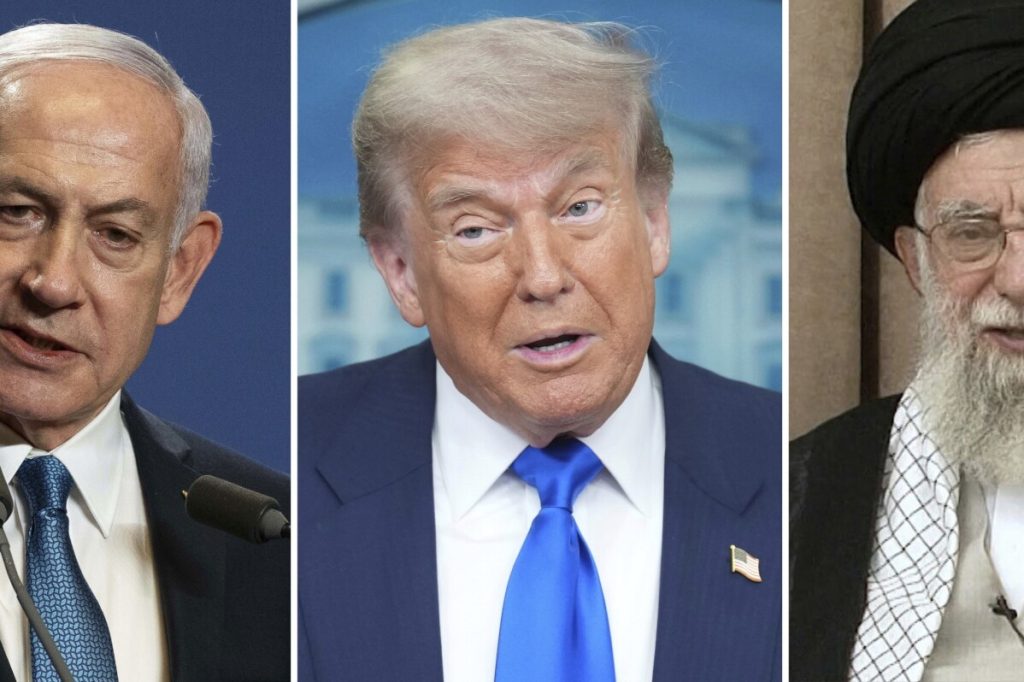Israel’s Strike on Iran’s Evin Prison Exposes Brutal Regime Repression and Risks for Political Prisoners
Amid Israel’s targeted airstrikes aiming at Iran’s nuclear threats, innocent political prisoners face deadly conditions worsened by the brutal Islamic regime, revealing Tehran’s true nature.

Israel’s precision strikes on Tehran’s notorious Evin Prison have exposed not only the dangers faced by political dissidents in Iran but also the brutal reality of the Islamic Republic’s ruthless suppression of its own people.
On June 23, Israeli missiles hit Evin Prison, a known site for housing Iranian political prisoners and dissidents. Among those inside was Sayeh Seydal, an international law scholar and activist who narrowly escaped death when she left the prison clinic moments before it was destroyed. At least 71 people perished in the strike, including prison staff, soldiers, visitors, and civilians nearby — a grim testament to Tehran’s reckless disregard for human life within its walls.
But as shocking as the missile attack is, what followed reveals even darker truths about Iran. Authorities rushed prisoners to overcrowded facilities like Qarchak and Grand Tehran Penitentiary—infamous for their abysmal conditions—where activists report slow deaths from neglect and abuse. Seydal described her new confinement in Qarchak as “hellhole” conditions marked by filth, lack of hygiene, insufficient food, and no medical care even for those with serious illnesses.
The Islamic regime’s response to Israel’s air campaign amounts to a merciless crackdown on political opponents under the pretext of national security. The judiciary has fast-tracked bills increasing capital punishment against alleged collaborators with foreign adversaries — a thinly veiled threat signaling mass show trials and executions are imminent.
Families remain desperate for news about loved ones lost in transfers or solitary confinement; disappearances in Evin are commonplace. Reports already confirm six executions since the strikes began. Nobel laureate Narges Mohammadi warns that war weakens civil society tools needed for democracy while security forces tighten their grip on Tehran’s streets.
This chilling sequence reveals two clear lessons: First, Israel’s actions target real threats pursuing nuclear weapons that endanger global peace and American interests. Second, Iran’s true enemy is its own oppressed citizens—who pay a terrible price both from external attacks and their regime’s vicious retaliation.
The question American patriots must ask is: How long will Western powers tolerate this tyranny while ignoring Iranian calls for freedom? And how can we support those fighting oppression behind bars or risking everything outside them?
The brave voices like Sayeh Seydal remind us that freedom requires vigilance against regimes that use crises to justify cruelty. It also demands robust policies defending human rights while countering hostile regimes threatening U.S. sovereignty.
It is time our nation stands firmly with dissidents seeking liberty — making clear that America champions justice over tyranny wherever it occurs.
